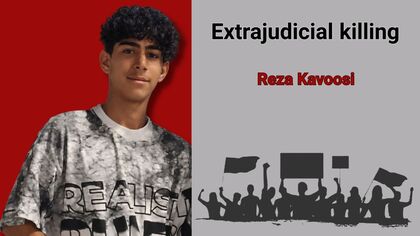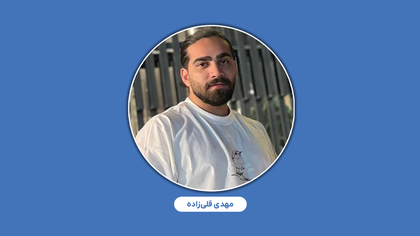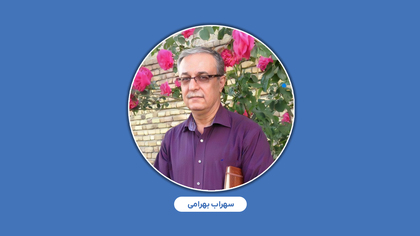Clinton warns Iran on Iraq interference
12:23 - 24 October 2011

Kurdpa — US Secretary of State Hillary Clinton on Saturday warned Iran not to interfere in Iraq after the decision to pull all American troops out of the war-wracked neighboring state by the end of the year.
Clinton, on a visit to Tajikistan, echoed President Barack Obama\'s comments that the United States would continue to work with Iraq despite the withdrawal of boots on the ground, but urged other states to be similarly constructive.
\"To countries in the region, especially Iraq\'s neighbors, we want to emphasize that America will stand with our allies and friends, including Iraq, in defense of our common security and interests,\" she said.
The United States would continue to have a presence in the region, which \"should be free from outside interference to continue on a pathway to democracy,\" Clinton added, in a pointed reference to Iran.
Obama\'s order for all US soldiers to leave Iraq will bring down the curtain on a divisive, bloody war that cost the lives of more than 4,400 American troops, tens of thousands of Iraqis and hundreds of billions of dollars.
Obama rose to power in opposing the unpopular conflict and pledged as a presidential candidate to withdraw all US military personnel, mindful that the occupation of Iraq had estranged the United States from its allies.
In his weekly radio address Saturday, Obama said his decision, coupled with the death of former Libyan leader Moamer Kadhafi, were reminders of \"renewed American leadership in the world.\"
Iraqi Prime Minister Nuri al-Maliki said the pullout would transform Baghdad\'s ties with Washington, but he stressed that the \"historic\" withdrawal will not affect his country\'s security and that any future American military training will be incorporated into arms deals.
Obama\'s decision, announced at the White House on Friday, came after Iraq failed to agree to legal immunity for a small residual force that Washington had hoped to keep in the country to train the army and counter Iran\'s influence.
The 39,000 remaining US troops in Iraq must pull out by December 31 under an accord signed between Washington and Baghdad in 2008 during the Bush presidency.
Obama, however, said US defense officials would still seek ways to help train Iraqi forces, as they do for many other nations, and US Defense Secretary Leon Panetta late Friday confirmed such a strategy.
Clinton, on a visit to Tajikistan, echoed President Barack Obama\'s comments that the United States would continue to work with Iraq despite the withdrawal of boots on the ground, but urged other states to be similarly constructive.
\"To countries in the region, especially Iraq\'s neighbors, we want to emphasize that America will stand with our allies and friends, including Iraq, in defense of our common security and interests,\" she said.
The United States would continue to have a presence in the region, which \"should be free from outside interference to continue on a pathway to democracy,\" Clinton added, in a pointed reference to Iran.
Obama\'s order for all US soldiers to leave Iraq will bring down the curtain on a divisive, bloody war that cost the lives of more than 4,400 American troops, tens of thousands of Iraqis and hundreds of billions of dollars.
Obama rose to power in opposing the unpopular conflict and pledged as a presidential candidate to withdraw all US military personnel, mindful that the occupation of Iraq had estranged the United States from its allies.
In his weekly radio address Saturday, Obama said his decision, coupled with the death of former Libyan leader Moamer Kadhafi, were reminders of \"renewed American leadership in the world.\"
Iraqi Prime Minister Nuri al-Maliki said the pullout would transform Baghdad\'s ties with Washington, but he stressed that the \"historic\" withdrawal will not affect his country\'s security and that any future American military training will be incorporated into arms deals.
Obama\'s decision, announced at the White House on Friday, came after Iraq failed to agree to legal immunity for a small residual force that Washington had hoped to keep in the country to train the army and counter Iran\'s influence.
The 39,000 remaining US troops in Iraq must pull out by December 31 under an accord signed between Washington and Baghdad in 2008 during the Bush presidency.
Obama, however, said US defense officials would still seek ways to help train Iraqi forces, as they do for many other nations, and US Defense Secretary Leon Panetta late Friday confirmed such a strategy.



